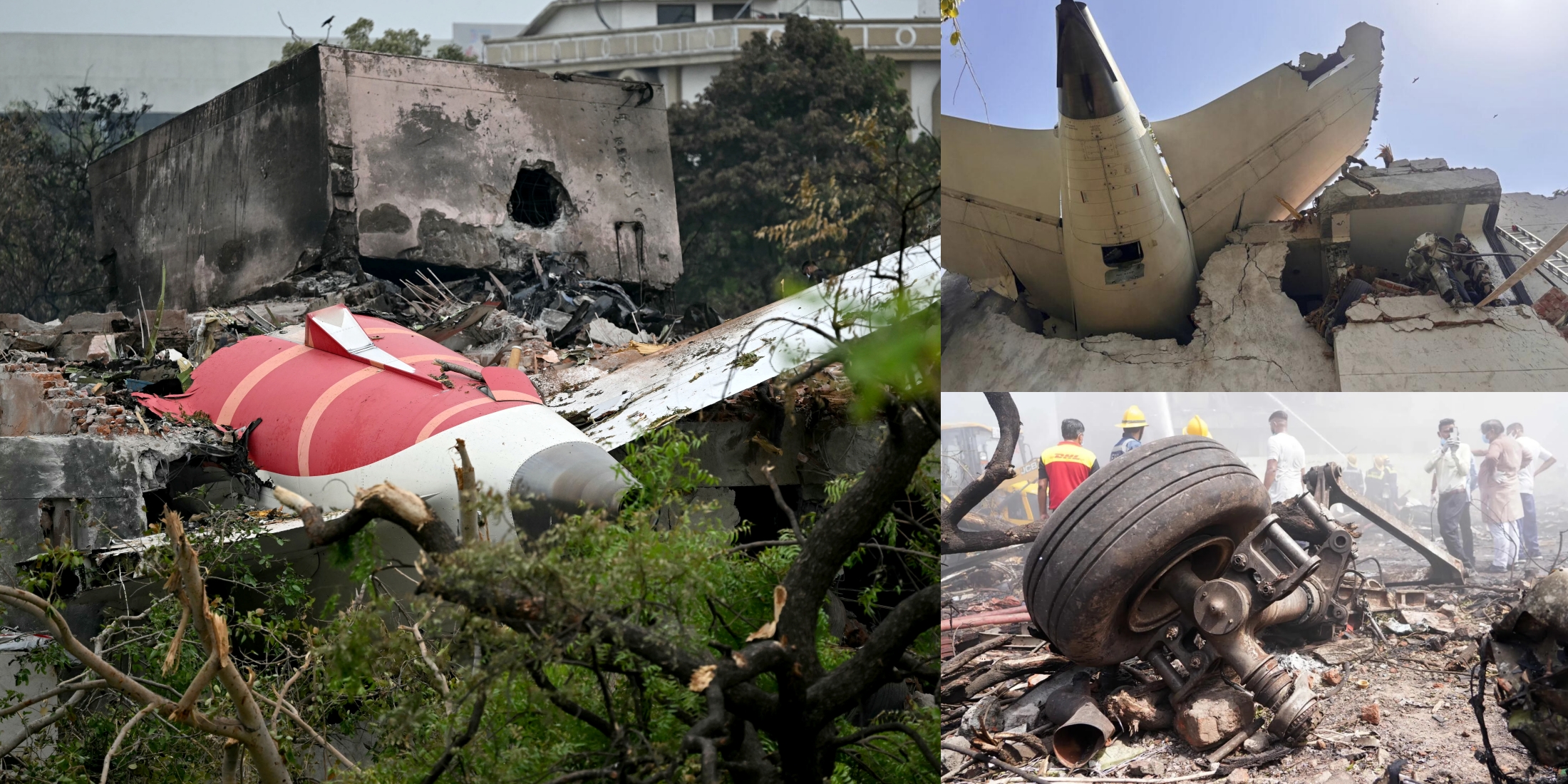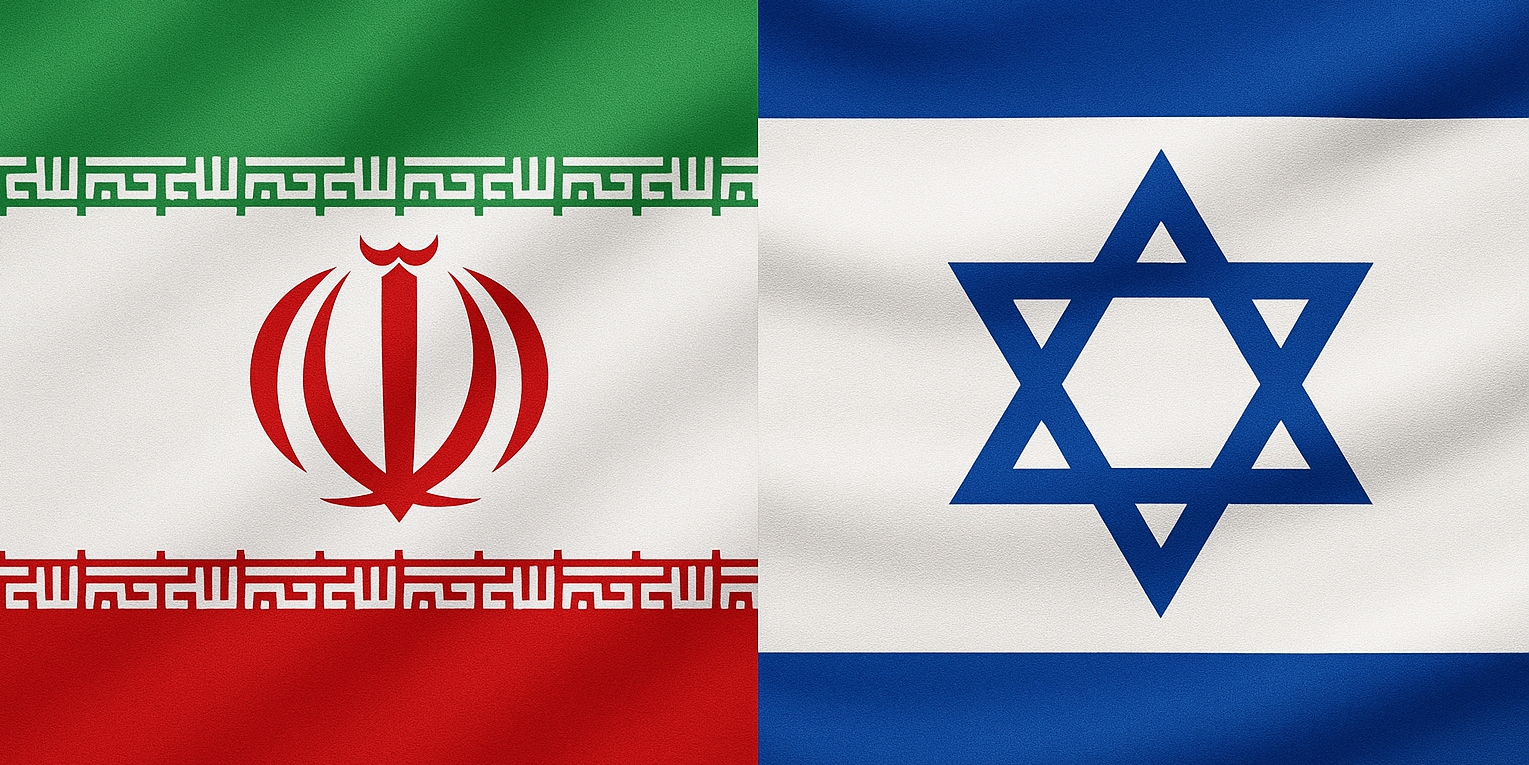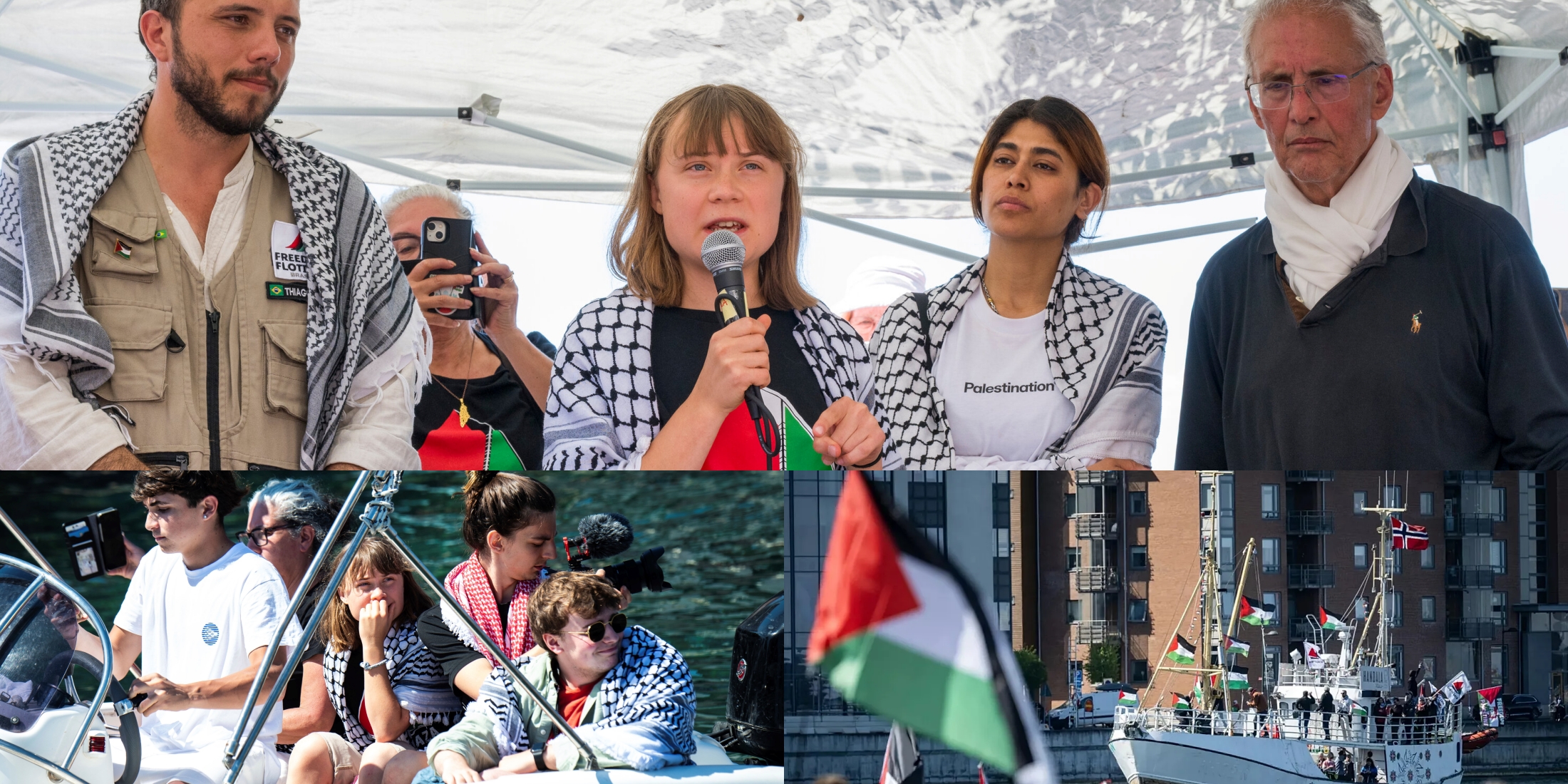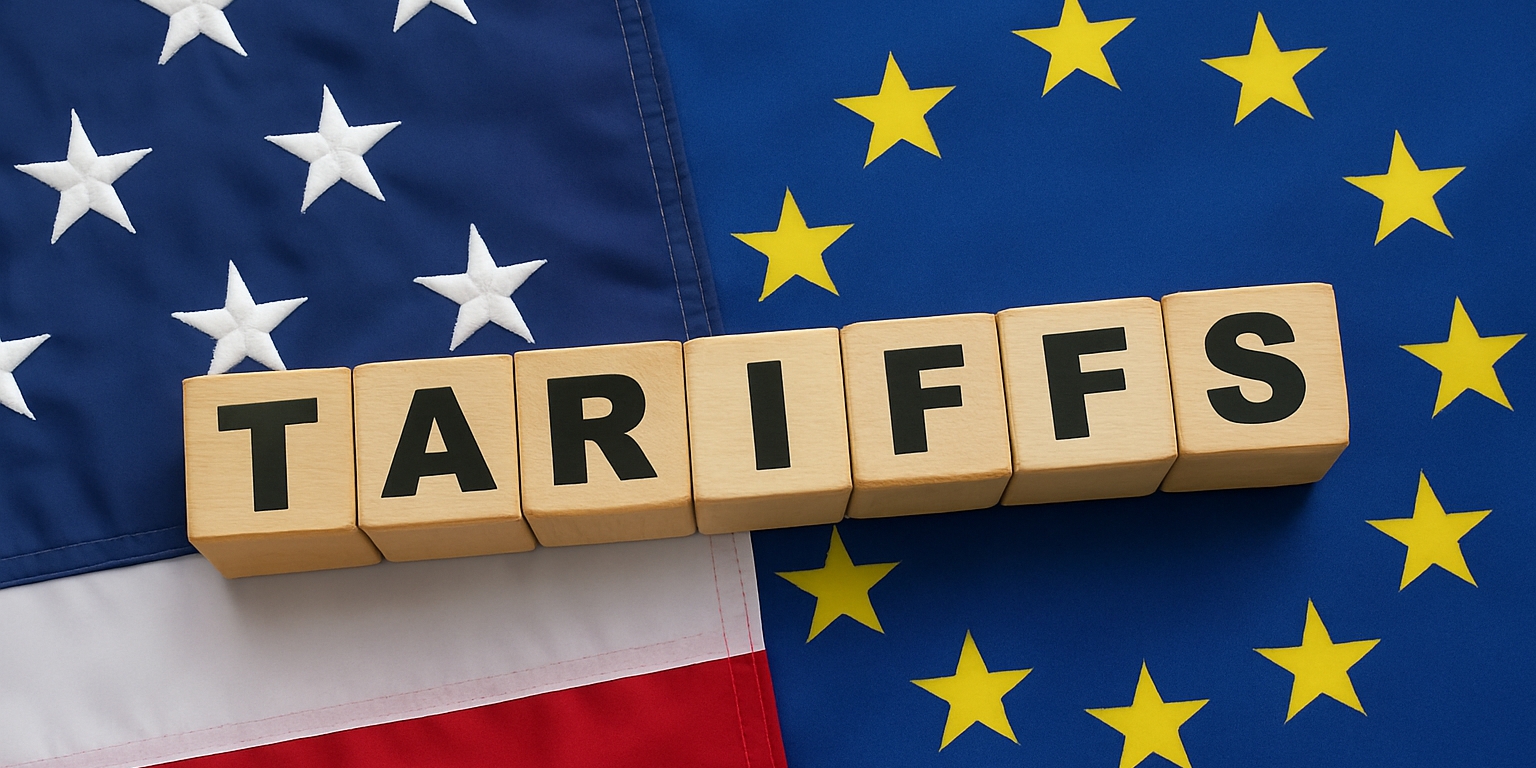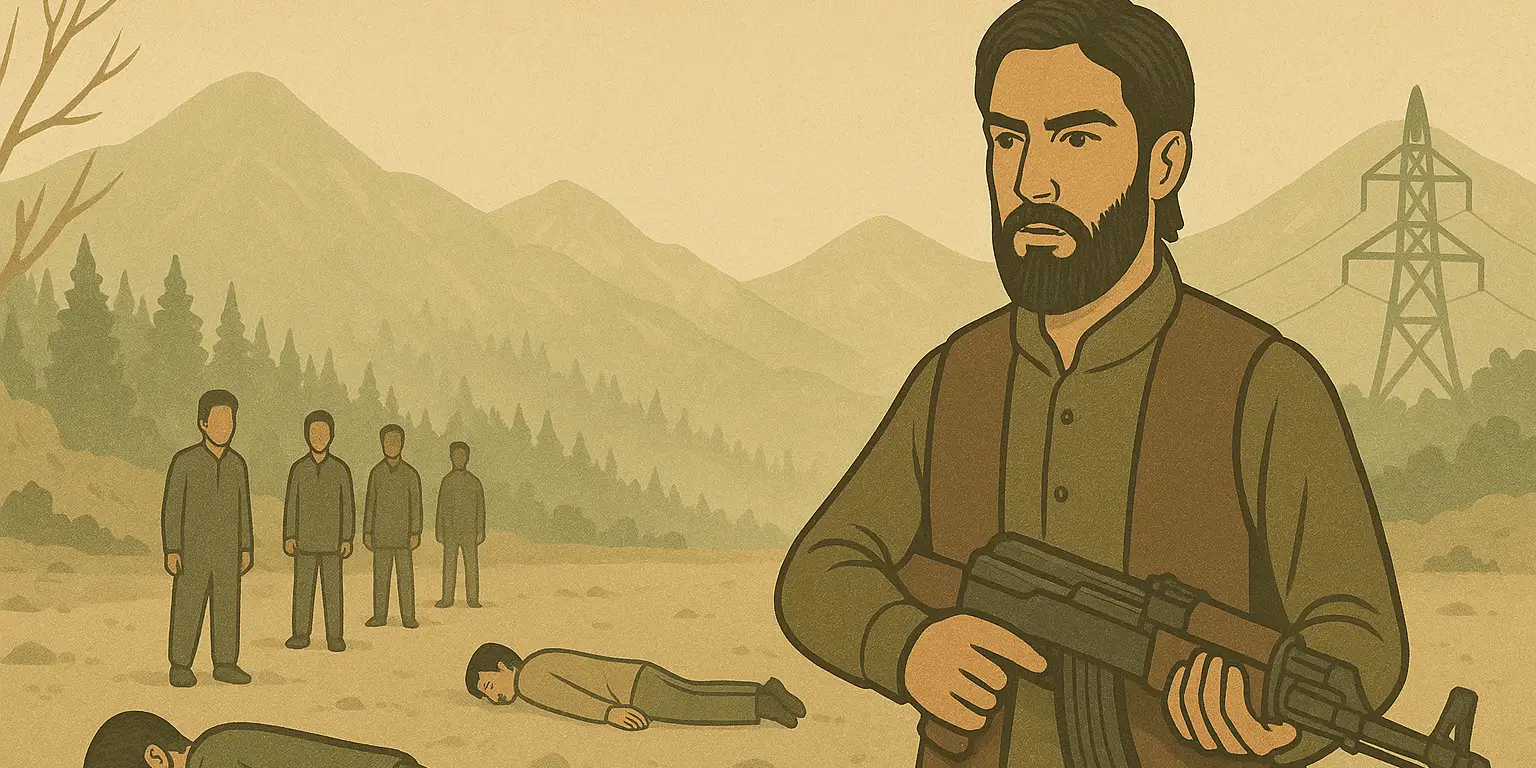The nation held its breath on 17 July, a day that foreshadowed the storm to come. The events of 17 July occurred amid growing tension, with all eyes on the students, paving the way to an unforgettable day. Quota protesters declared to launch a nationwide “complete shutdown” program on the next day (18 July) against the brutal killings and attacks of protesting students by law enforcement bodies.
Earlier on 17 July, police fired tear gas and sound grenades at protesters on the University of Dhaka (DU) premises while attempting to remove them from the halls. Still, quota demonstrators continued their protests amid violent clashes with law enforcers across the country. At DU, protesters held gayebana-namaj-e-janaza (absentee funeral prayer) for student martyrs who were killed during quota reform violence. While assembling at the Raju Memorial Sculpture at TSC around noon, police officers tried to disperse the students using sound grenades and blocked their procession. At around 4 PM, thousands of protesters holding six symbolic coffins assembled in front of the Vice Chancellors (VC) residence to offer prayers.
Protest battles, blockades, and heated clashes erupted in Dhaka and its intersections. As the university administration ordered the evacuation of residential halls, many students departed in the face of police intervention. However, many of them defied the order to leave.
Meanwhile, in a televised address to the nation in the evening, at 7:30 PM on the previous day, former Prime Minister Sheikh Hasina urged the protesting students to trust the judicial system of the country and not to be disappointed. In her 8-minute speech, she also announced a judicial probe into killings and advised students to await the Supreme Court’s verdict. On whose instigation the conflict started, who for what purpose pushed the country to an anarchic situation, will be investigated and found out; she addressed the students to stay alert against the infiltrators. The PM expressed deep shock over the loss of lives and promised aid to victims’ families.
Plus, in a press release, the Ministry of Primary and Mass Education announced the closure of all primary schools and nonformal education centers nationwide to safeguard children during violent clashes between Quota Reform Protesters, police, and BCL activists.
On that day, the declaration of the next day’s (18 July) shutdown came from a quota reform movement’s leaders. Around 7:44 PM, quota reform coordinator Asif Mahmud wrote on Facebook, “We are announcing a ‘Complete Shutdown’ across the country tomorrow to protest against the brutal attacks of the police, BGB, and RAB on the peaceful movement of students, to protest the murders, to demand the prosecution of the murderers, to ensure a terror-free campus, and to push our one-point demand (of quota reform in government jobs).” According to the announcement, all the establishments, except hospitals, media, and emergency services, would be closed. They urged students from all educational institutions to join the protest and called on guardians to support their movement.
July 18, 2024—a day forever etched in the nation’s memory—witnessed extraordinary events that reshaped history. Students demonstrated unwavering resilience in the face of harsh crackdowns, while the government responded with measures such as school closures and public appeals, reflecting the intensifying crisis. The day marked a pivotal moment in the quota reform movement, highlighting the mounting tension and the fight for change.
For the students of private universities, July 18 was a day of both tragedy and heroism, marked by relentless turmoil and fearless actions. The morning of this day started with a wave of protests at private universities, including Brac University (BRACU), North South University (NSU), and East-West University (EWU).
Student organizers from Brac University and East West University took over the quota reform movement, carrying the mantle from public university students, which soon evolved into the Hasina-ouster movement. At least 500 student protesters from NSU, United International University (UIU), and American International University Bangladesh (AIUB) joined in front of the BRACU campus. The peaceful protests of private university demonstrators unexpectedly turned violent after police and BCL activists’ brutal crackdowns, firing tear gas and rubber bullets, at the unarmed students. Meanwhile, Tanvir Hossain Novel, a student activist from East West University, said, “We didn’t start any of the fires—we didn’t have the means for that. But we faced the police head-on. We didn’t give them an easy fight,” reports The Business Standard.
Protests were not limited to Dhaka alone. Students across the country expressed their solidarity with the quota reform protesters and condemned the escalating threats. By midday, reports confirmed over 1,000 injuries nationwide, with at least 30 in critical condition. Local media reported that at least 23 people—18 in the capital, two in Chattogram, two in Narsingdi, and one in Madaripur—died during clashes on 18 July. Around 2,500 people were injured in the capital, many of them suffering shotgun pellet injuries. The injured, mostly students, flooded Dhaka and nearby hospitals. Hasinur Rahman, the deputy general manager of Alok Hospital Mirpur-10, said, “Over 200 injured were brought in. However, no one could be admitted. The law enforcement authority has already taken the register book and CCTV footage.”
Agitators have set fires to BTV Bhaban, Setu Bhaban, and other government buildings.
The government, however, expressed readiness to discuss with quota reform protesters and resolve the crisis. Law Minister Anisul Huq said, “I and Education Minister Mohibul Hasan Chowdhury have been given the responsibility to talk with the quota protesters. We are ready when they are. The discussion can happen this afternoon if they want.”
On the contrary, criticizing the government’s inaction, Nazmul Hasan, one of the coordinators of the quota movement, declared that day, “We no longer seek dialogue with the government; instead, we demand the immediate issuance of a gazette notification canceling quotas in government jobs.”
“Earlier, we had placed our demands for quota reform, but the government didn’t listen to us. Our brothers have lost their lives during clashes,” he added.
BNP expressed its solidarity and full support for protesters’ “complete shutdown.” At a virtual press briefing, BNP senior joint secretary general Ruhul Kabir Rizvi said the National Standing Committee urged their party leaders and activists to cooperate.
Adding to the chaos, the entire country went offline when the Awami League-led government imposed a communication blackout, leaving the world to guess what was happening. The previous day, on July 17, the government shut down mobile internet services, followed by cutting off broadband internet on July 18. The shutdown was seen as a move to silence the demonstrators. Meanwhile, at 5:30 PM, metro rail services were also suspended, further disrupting movement in the capital.
These actions sparked criticism from several groups. The National Human Rights Commission (NHRC) expressed deep condolences for those killed in clashes and urged for a peaceful resolution. Additionally, the Chinese Ambassador to Bangladesh, Yao Wen, termed the violence and loss of life as “unfortunate” and called for peace and stability.
The day ended with uncertainty but also hope; however, the message was clear—the students were not backing down. While the violence marked a dark chapter, the unity and courage of the students were bright.



